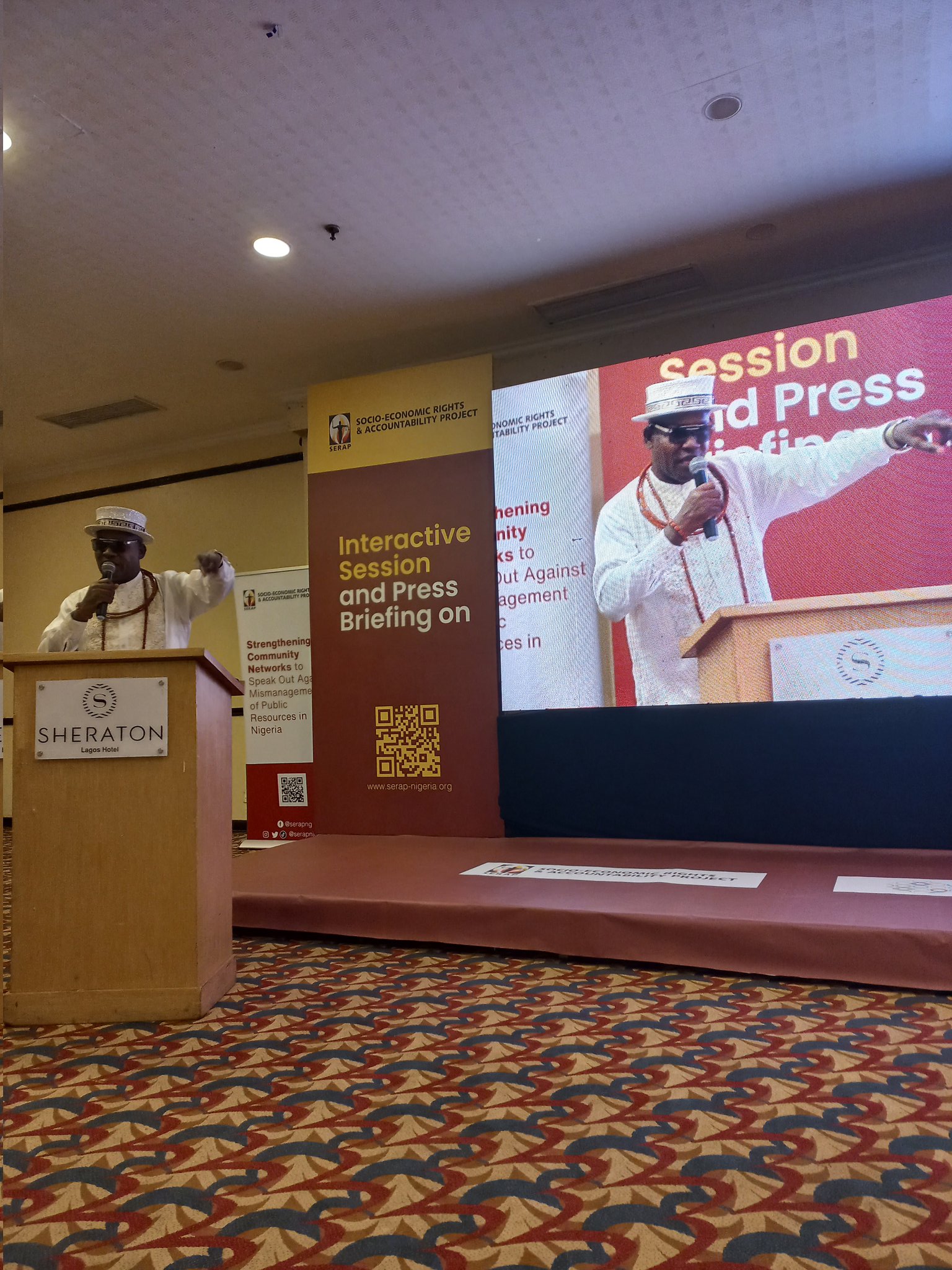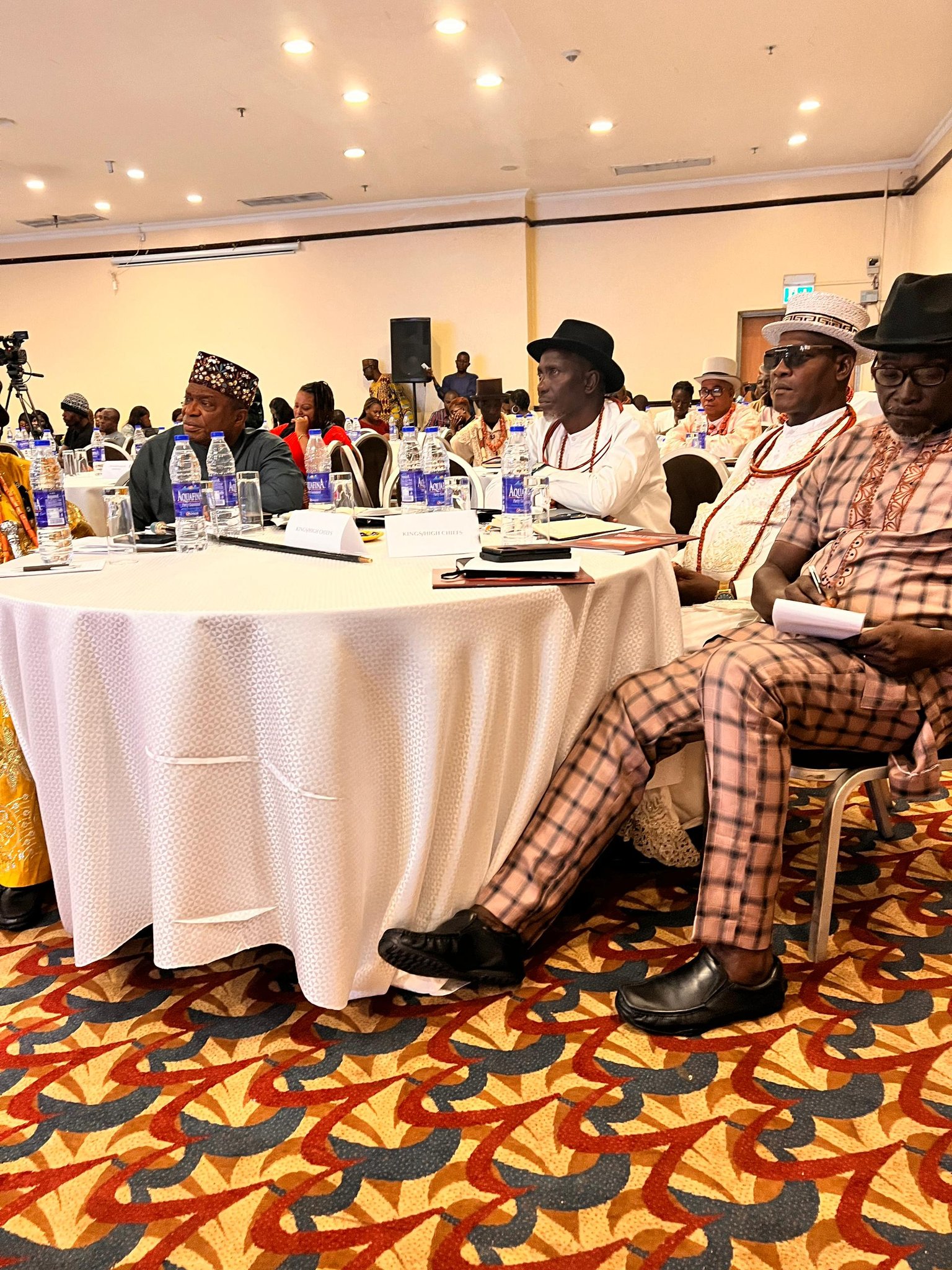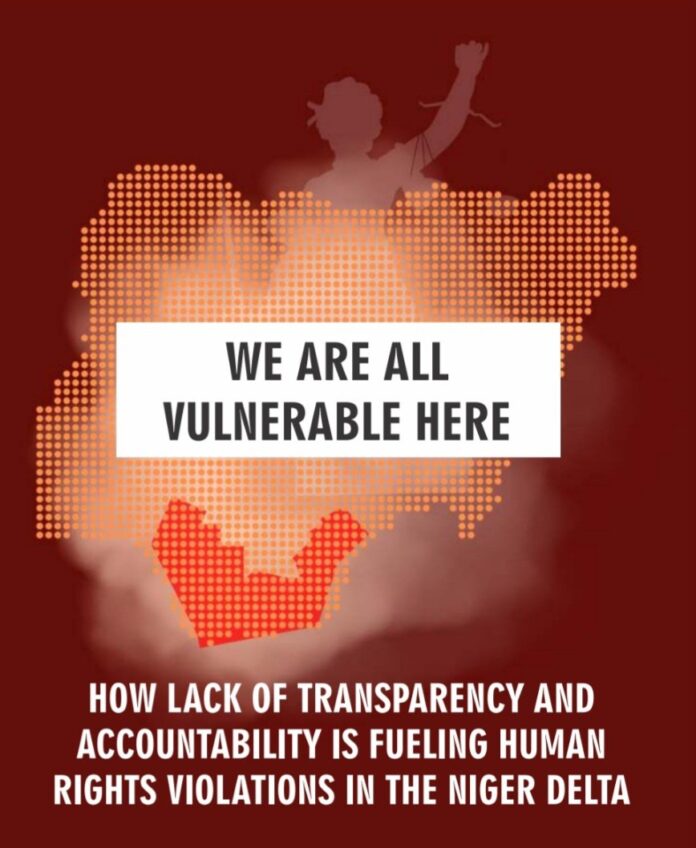The governor of Delta State, Rt. Hon. Sheriff Oborevwori, has endorsed the report of the Socio-Economic Rights and Accountability Project (SERAP) which called for a review of the Niger Delta development plan to determine its successes, failures and areas for improvement, among other recommendations.
The report, which Oborevwori said should be adopted by the Niger Delta state governments, the Federal Government and all development partners, also called for the establishment of corporate social responsibility (CSR), guidelines that are binding on oil and gas companies; enforcement of civil and criminal liability for any party that fails to fulfill its obligations or that is found complicit in corrupt practices in relation to community development projects.
Oborevwori spoke in Lagos on Wednesday in a message at an interactive session and press briefing by SERAP on promoting transparency and accountability in the use of public funds in Nigeria with focus on the Niger Delta.
He was represented by Rt. Hon. Funkekeme Solomon, Senior Policy Adviser to the Governor.
The governor noted that the research revealed the extensive social, economic, and environmental degeneration which to a large extent affected the lifestyle and well-being of the people of Niger Delta.
According to the report, the federal and state governments in the Niger Delta lack an effective governance and feedback framework to promote integration between regulators, companies and communities.
As a result, there is deficiency in information about oil and gas companies, their activities, environmental audits and other relevant information while the mode of public participation is neither distinct nor focused on a defined structure.
Oborevwori said his administration is very conscious of the need to ensure prudence in the management of the state’s resources, bearing in mind the paucity of such resources and their inability to meet Delta’s ever growing needs.
“While we acknowledge the limited resources, we are also conscious of the need to ensure that what is available is efficiently deployed and used in a transparent and accountable way for the benefit of our people”, the governor stated.
The government, he vowed, shall continue to play a fundamental role in the development and rehabilitation of the host communities in oil producing areas as the state has a statutory institutional instrument – the Delta State Oil Producing Areas Development Commission (DESOPADEC).
Governance in the Niger Delta, he explained, should adopt the principal-agent format, whereby the citizens are the principal and the government is the agent. “Consequently, government as an agent to the citizens owes them (citizens) a duty of accountability of resources placed in its care. It is in recognition of this fact, that Delta State participated actively in the State Fiscal Transparency, Accountability and Sustainability Programme for results (SFTAS) organized by the World Bank.”
Oborevwori said the effect of Delta’s participation in SFTAS and enlistment on ‘Open Governance Partnership’ (OGP) is the recognition of Delta State with four awards, of which Fiscal Transparency and Accountability, as well as Efficiency of Public Expenditures were the main attractions.
“This is a testimony that we are conscious of spending public money in a more credible and efficient way. It is our intention to sustain the gains of the programme to help us build trust in government, enhance the monitoring of fiscal risks and facilitate accountability in public resource management”, he said.
His administration, he said, believes that stronger accountability reduces the opportunities for corruption and misuse of public resources, thereby increasing the efficiency in public expenditures. This will ultimately ensure that there is trust between the citizens and the government.



